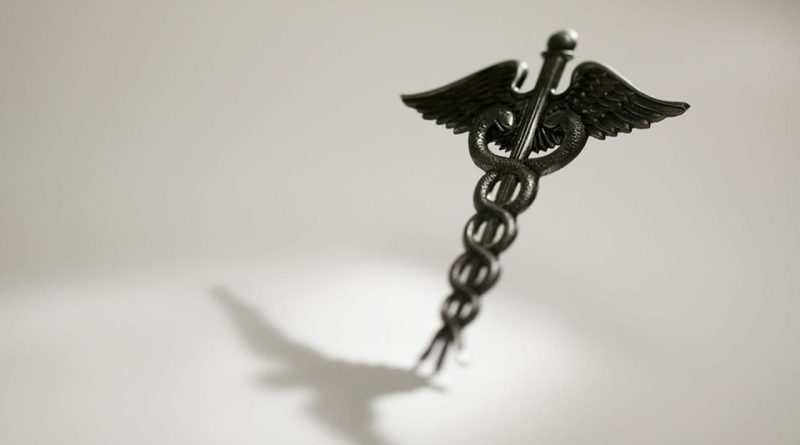Commons HSC Committee Launches Inquiry into Assisted Suicide
The House of Commons Health and Social Care Committee has launched an Inquiry into assisted suicide, and is inviting comments from individual members of the public and interested organisations to comment as to their support or opposition to legalisation of that practice, and also what actions might be helpful to the debate surrounding it.
Options for the latter include a “Citizens’ Assembly”, further independent research, or a referendum.
The Inquiry itself also comes at a time when the Nuffield Council on Bioethics (NCB) is preparing its own Project investigating the subject, including the commissioning of a “Citizens’ Jury”.
This proposal common to both the HSC Committee Inquiry and the NCB to consider the issue through so-called Citizens’ Assemblies / Juries is concerning. Evidence from Ireland and Jersey shows that such groups are easily manipulated in favour of negative changes in law and medicine.
In 2016-2017, a Citizens’ Assembly was formed to consider the issue of abortion, and in votes over when abortion should be legal and up to what point in pregnancy, the largest proportions of participants voted in favour of permissive abortion in all but one proposal provided. The journalist Mary Minihan reported in the Irish Times that “the consensus in the Oireachtas [Irish Parliament] is that the Assembly’s recommendations were an overly-liberal interpretation of the current thinking of middle Ireland on the issue”.
Similarly, in Jersey, the “Citizens’ Jury” set up by the local Government in 2020 to investigate euthanasia and assisted suicide (EAS) was deliberately selected on the basis of its participants’ views. Page 10 of the Jury’s Final Report showed that just over half (12) already believed that EAS should “definitely” be introduced, and a further almost-third (7) believed it “probably” should. This meant an overwhelming majority (19 out of 23) of the Citizens’ Jury had a bias in favour of EAS before even taking part, leaving just 4 people who were against it (2 “definitely”, and 2 “probably”).
This led to a very biased Jury and even though one person changed their mind from being in favour to being opposed to EAS, most had the same views at the end that they went in with. It was a predetermined outcome in favour of introducing those practices into Jersey law and medicine. Its final recommendations prescribed the most extreme proposals for EAS ever proposed in the British Isles in the 21st century, which went on to be entirely adopted by the States Assembly (the Jersey Parliament).
The Director of the Anscombe Bioethics Centre, Professor David Albert Jones, was involved in assisting the Citizens’ Jury in the Bailiwick to make sure participants were given as wide and qualitative access to information and views on the issue of euthanasia and assisted suicide as possible, and made the following comment after news of the composition of the Jury was released:
Prof. David Albert Jones: The Jersey Citizens’ Jury on Euthanasia & Assisted Suicide (EAS)
The experience in other jurisdictions shows how a Citizens’ Assembly / Jury can come up with very extreme proposals – much more extreme than proposals from elected politicians, courts, professional bodies or broad-based consultations – with the apparent veneer of public approval. Given such a danger, the creation of such a body would be a very dangerous gamble with people’s lives.
Given this risk to public safety and the common good, it is crucial that as many people engage with the Parliamentary Inquiry and not only oppose the introduction of assisted suicide into UK law and medicine per se, but any exploration of the issue that does not involve a serious investigative body such as a Parliamentary Select Committee.
Unfortunately, given that physician involvement in causing the death of patients is a deep and difficult subject worthy of considerable thought, the timeframe for answering the consultation is a short one – little over a month (submissions must be in by Friday 20 January), much of which is over the Christmas holidays during which time most people are distracted with the festivities of this time of year, and the busy-ness of the New Year.
The format of the Inquiry is simple however, and not time-consuming. The Inquiry invites participants to fill in a short online form of just six questions which should not take more than ten or fifteen minutes to respond.
To aid public engagement, the Anscombe Bioethics Centre has produced a Briefing to help anyone interested in responding, whether as an individual or as an organisation. The more who do so, particularly citing the increasing evidence of the negative effects of euthanasia and assisted suicide around the world, the better informed Parliamentarians may be.
We encourage as many people as possible to contribute their own submission to the Inquiry, so as to properly inform public and Parliamentary debate on this issue, and help maintain a more just and compassionate society.

